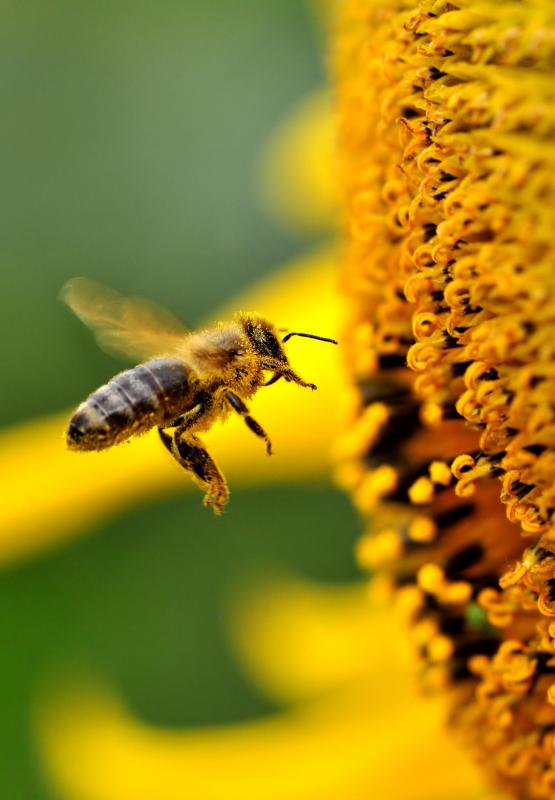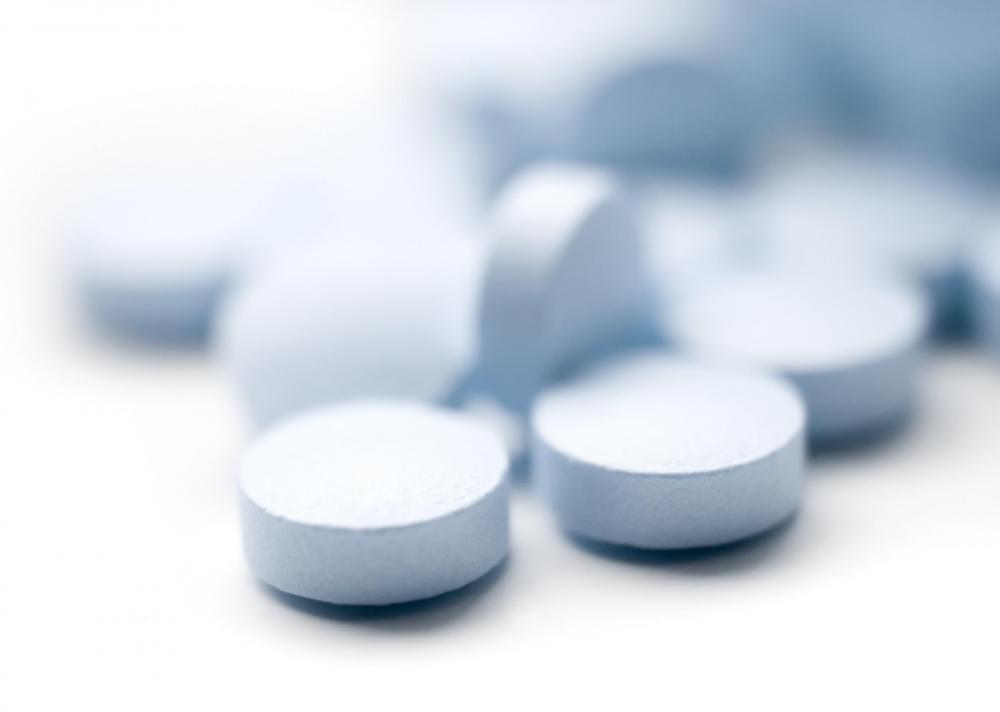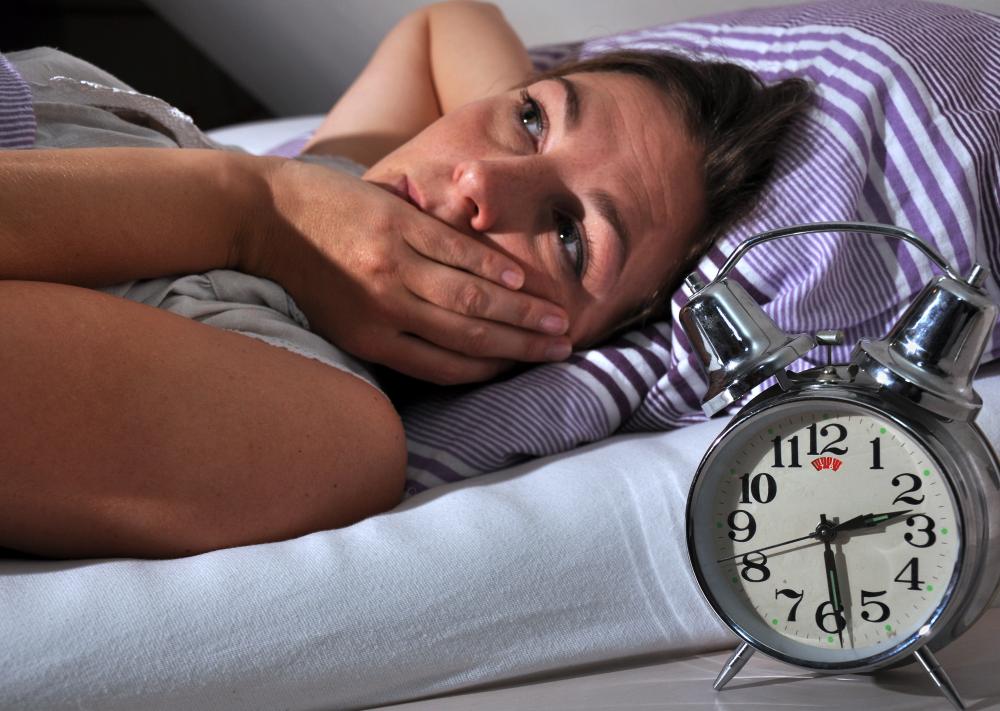At WiseGEEK, we're committed to delivering accurate, trustworthy information. Our expert-authored content is rigorously fact-checked and sourced from credible authorities. Discover how we uphold the highest standards in providing you with reliable knowledge.
What is an Antihistamine?
An antihistamine is a type of drug used to fight allergic reactions. It encompasses a broad class of drugs that can treat conditions ranging from minor to life threatening. Different ones are used for different types of reactions, but at their root, all do the same thing — they counteract a type of chemical released by the body's immune system, known as histamine.
An allergic reaction occurs when the body is exposed to a harmless external chemical, called an allergen, which triggers a false response by the immune system. Antibodies are released into the blood to fight the perceived threat. As a part of the reaction, a type of blood cell, called a mast cell, releases the chemical histamine.

Histamine is a powerful stimulant, and generally causes a great deal of irritation within the body, which can be far worse than any threat posed by the allergen. The resulting irritation is called an allergic reaction, and depending upon the severity of the reaction, it may cause a variety of symptoms that include itching, watery eyes, runny nose, skin rashes, constriction of the airways, vomiting and diarrhea. In extreme cases, a condition called anaphylaxis can occur, that rapidly spreads through the whole body, with potentially fatal results.

The immune systems of different people vary widely in terms of which allergens they are sensitive to. As a result, one person may have a severe allergic reaction to a certain type of food, such as fish, while another will have no reaction at all. Pollen is one of the most common allergens among humans, resulting in seasonal allergies in the spring and the fall. Drug allergies are often more serious, sometimes resulting in severe skin rashes. More recently, an extreme allergy to peanuts has been on the rise, especially among children. Those who suffer from this type of allergy are likely to experience anaphylaxis if they do not receive the necessary type of antihistamine quickly enough.

When an antihistamine is administered, it prevents histamine from reaching the receptors on cells at the site of the irritation, thereby preventing the allergic reaction from taking place. Some classes are designed to block receptors throughout the body. Many of these are sold over the counter and tend to cause drowsiness. Because of this, antihistamines are the primary active ingredient in many medicines used to treat insomnia. There are also some newer drugs that target specific areas of the body for a more localized effect, without causing drowsiness. More powerful prescription medications are available for severe reactions.
AS FEATURED ON:
AS FEATURED ON:















Discussion Comments
i have been waking up with puffy eyes and due to some previous incidents with almonds and dates, have a feeling that I might be suffering from an allergy from sesame seed oil which I used quite a lot in my day to day cooking (love the taste; nutty flavor). I went to an allergist and she has given me an antihistamine, however I will also be taking blood tests.
Does anyone else have allergic reactions which cause puffy and tired eyes (it looks like I partied hard the night before, minus the party!)? What have you done to solve the problem? I hate to admit it, but I guess I am a little vain because ultimately, I am worried that this episode will damage the delicate eye area.
My wife suffers an allergic reaction to garlic, which even as a small ingredient in, say a stock cube, gives her a severe tummy upset as well as painful joints, and the symptoms can last for a day or two. We now wonder if an antihistamine would help to relieve the symptoms when she is inadvertently given it? --Steve.
Sometimes even taking an antihistamine is not enough. However, I have found things like drinking enough water, avoiding the outdoors in the morning when pollen is strongest, and otherwise buffering my immune system helps a little.
I have friends who swear by allergy shots, but I have not taken that route yet.
@overreactor, some people have strong allergies to these things, but others do not. Many of us find a sting painful, but few of us have a strong allergy. The same could hold true for most allergens.
It is interesting how our immune system reacts, or probably sometimes, overreacts to different substances.
For example some people are extremely susceptible to a bee sting, while for others it has practically no effect, just maybe a small discomfort.
Post your comments